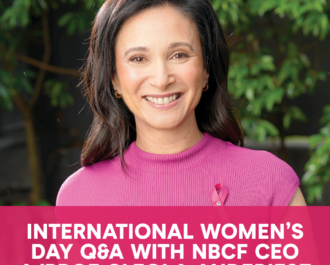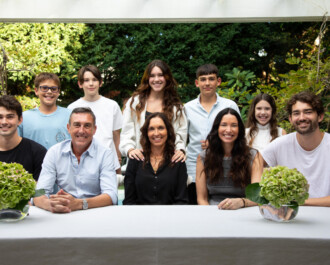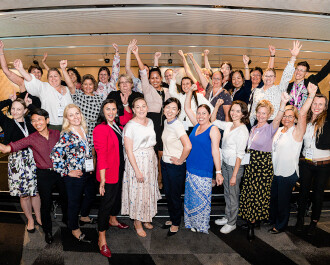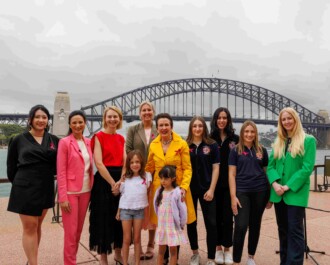
- According to Cancer Australia, a fourth COVID-19 vaccine dose is recommended for people over 16 years old who have severe immune suppression, including people with breast cancer. The Australian Technical Advisory Group on Immunisation (ATAGI) recommends that a booster (fourth) dose of a COVID-19 vaccine is given three months after their primary course for those over the age of 16.“Current evidence suggests there is a reduction in protection against COVID-19 infection following vaccination over time. Protection against transmission from vaccinated individuals who are infected also appears to wane over time,” said Professor Dorothy Keefe, CEO Cancer Australia.“Studies from around the world have shown the four vaccines and boosters approved for use in Australia to be safe and effective.”
- Patients who have completed their breast cancer therapy and are on surveillance follow up, or patients who are on endocrine therapy only, are at no greater risk of contracting COVID-19 than the general public as their immune system is not compromised by cancer treatment. Follow the general recommendations put forward regarding hand hygiene and social distancing.
- Patients who are undergoing chemotherapy and other treatments which may cause immunosuppression have an increased risk of poorer outcomes should they contract COVID-19. Patients undergoing these treatments should seek advice from their treating Oncologist about the balance between the benefits and risks of therapy and practice more stringent measures to reduce the risk of contracting COVID-19.
- Check the Australian Government Department of Health website for up-to-date information about Coronavirus.
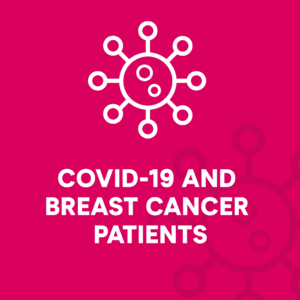
To minimise risk of contracting Coronavirus:
- Maintain general health by making sure you are getting sufficient sleep, daily exercise, and a balanced diet. Any level of exercise has benefits for breast cancer patients/survivors and may help you deal with the current stressful situation.
- Because the virus is transmitted in respiratory droplets (when someone coughs or sneezes), try and maintain a distance of at least 1.5 metre between yourself and others as much as possible. Because it is possible for someone to be transmitting the virus in droplets for around 24 hours before they have definite symptoms, consider social distancing any time you are outside your home.
- Maintain good hand and respiratory hygiene – see here for advice.
- If you are employed, explore with your employer the potential to work from home/remotely.
- Avoid any travel until the pandemic is over.
- Clean and sanitise frequently used objects such as mobiles, keys and wallets.
Thank you to NBCF-funded researchers Associate Professor Elgene Lim, Professor Nehmat Houssami and Professor Sherene Loi for their contribution.
Breast Cancer Network Australia (BCNA) has developed a hotline tailored to people going through breast cancer who have questions about Coronavirus. The number is 1800 500 258. They also have a FAQs page you can access here.
More News Articles
View all News
